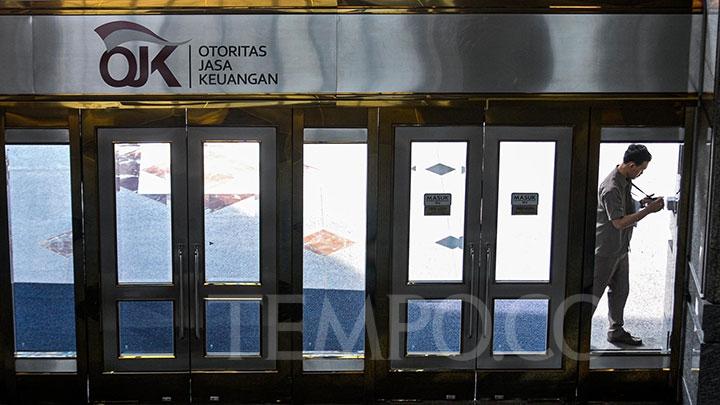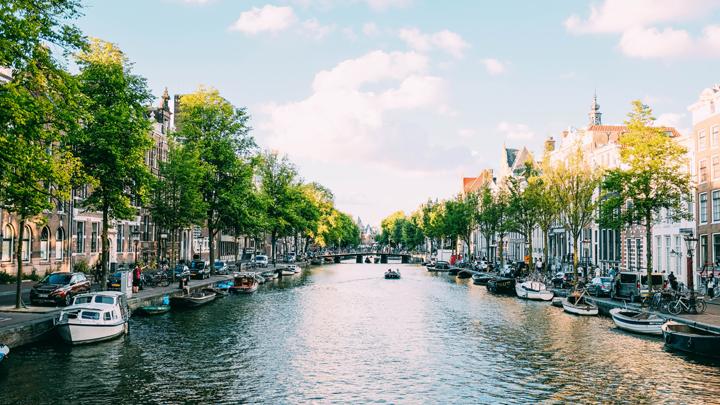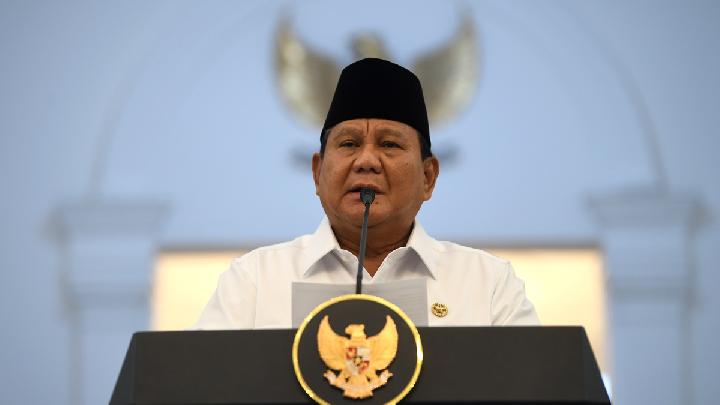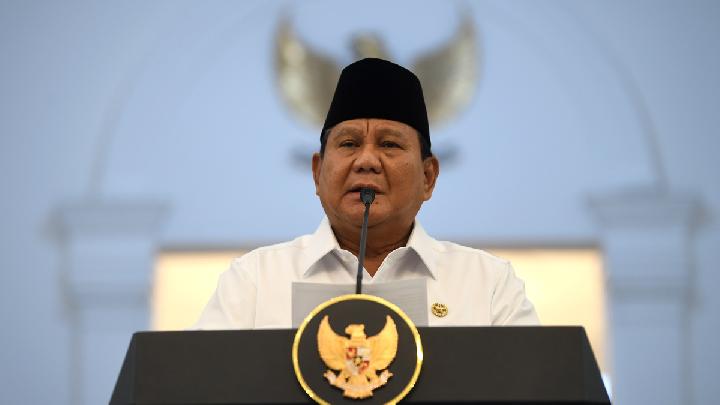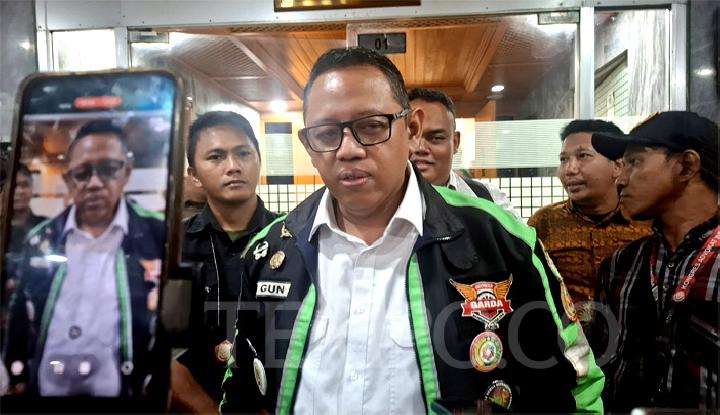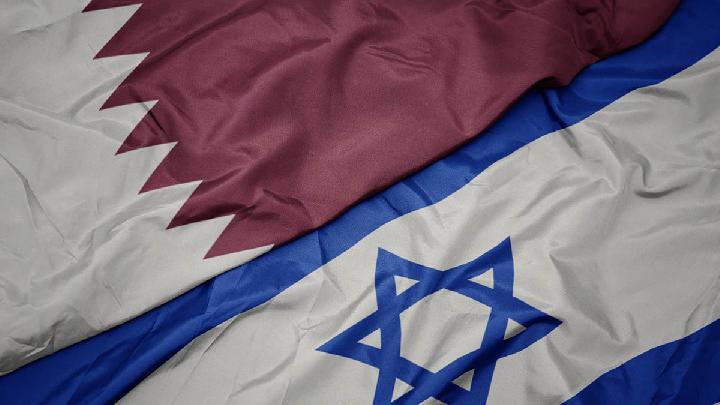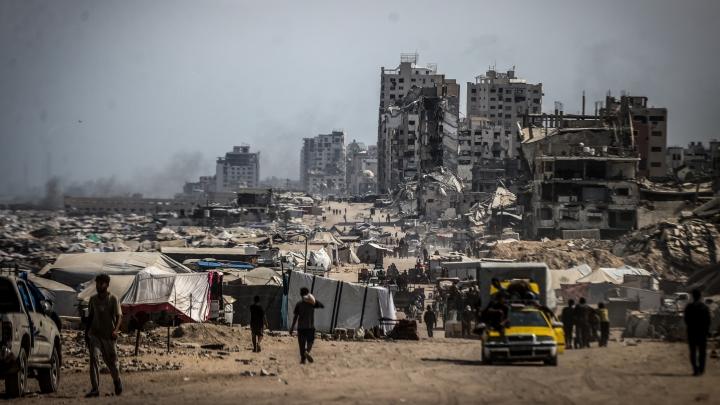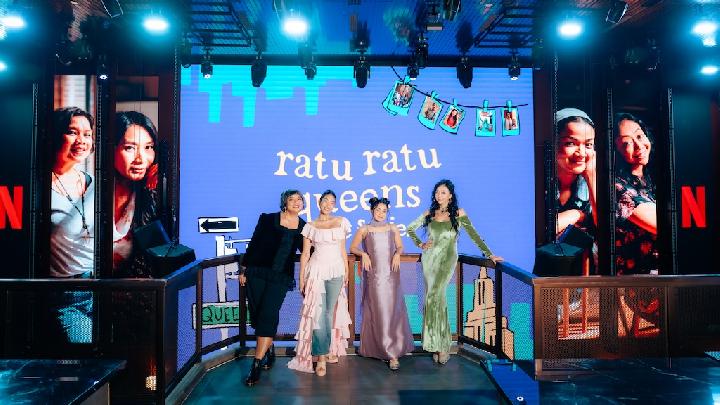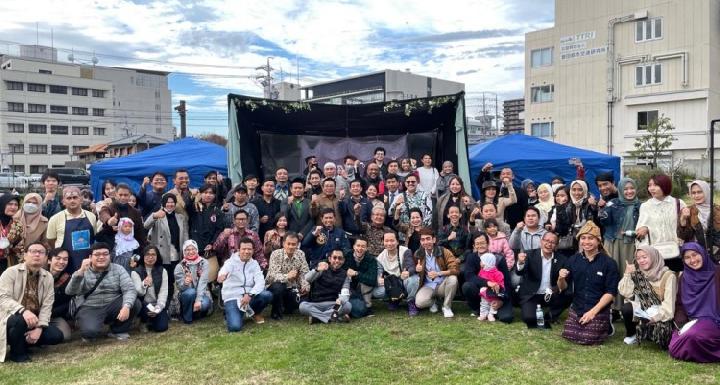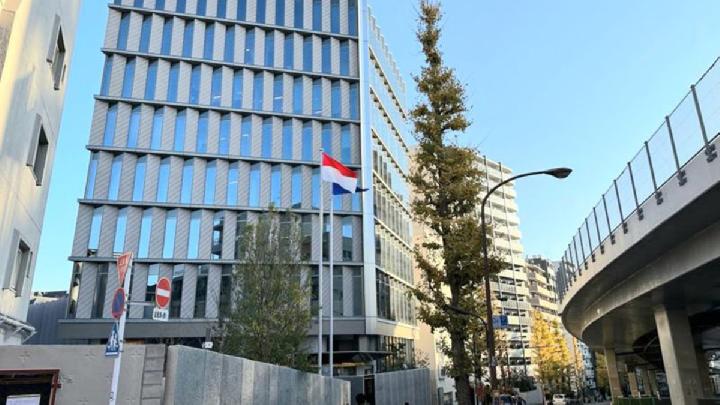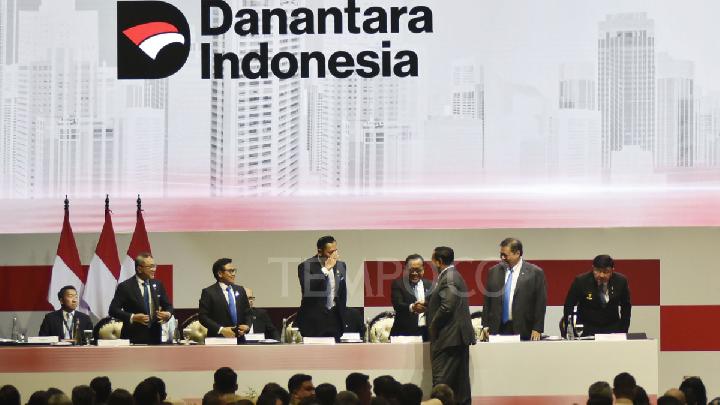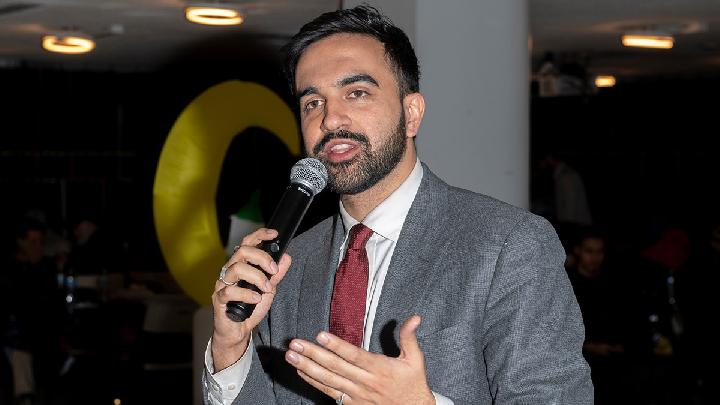
TEMPO.CO, Jakarta - Ayam Goreng Widuran, a legendary eatery in Solo, Central Java, is currently facing public scrutiny after declaring its non-halal status following 52 years of operation. Some particularly Muslim consumers feel deceived because the restaurant management did not previously warn Muslim consumers of its non-halal status. Questions have also arisen regarding the past display of halal labeling on its banner.
In their announcement, the management apologized and said they have put "non-halal" labels in all of their restaurants. "We hope the public can give us space to fix and improve everything with good intentions," the management wrote in a post on their Instagram account, @ayamgorengwiduransolo, on Friday, May 23, 2025.
This situation raises a question: should non-halal labeling be explicitly displayed?
Prohibited Ingredients
According to Article 26, paragraph (1) of Law Number 33 of 2014 concerning Halal Product Assurance, businesses that produce items from prohibited ingredients, as defined in Articles 18 and 20, are exempt from applying for halal certification.
Article 18 of the same regulation specifies that prohibited animal ingredients include carrion, blood, pork, and animals not slaughtered according to Islamic law. Additionally, ingredients from other prohibited animals may be determined by the Minister of Religious Affairs based on a fatwa or edict from the Indonesian Ulema Council (MUI).
Furthermore, Article 20 states that plant-based ingredients are basically halal, with the exception of those that are intoxicating and/or harmful to health. Moreover, ingredients derived from microbes or through chemical, biological, or genetic engineering processes are prohibited if their growth and/or production process involves, contains, or is contaminated with prohibited substances.
The term 'product' in this context refers to goods and/or services related to food; beverages; medicine; cosmetics; chemical, biological, and genetic engineering products; as well as consumable goods used, consumed, or utilized by the public.
Non-Halal Labeling Requirements
Although exempt from halal certification, businesses producing products from prohibited ingredients must clearly display their non-halal status. This labeling must be easily visible.
"This law regulates the rights and obligations of business actors by providing exceptions for businesses that produce products from prohibited ingredients, with the obligation to clearly label them as non-halal on the product packaging or on a specific, easily visible, readable, and integral part of the product that is not easily removed," an excerpt from Law Number 33 of 2014 explains.
Non-halal labeling refers to a statement of non-halal that is an inseparable component of the product. The labeling can take the form of images, symbols, and/or text.
Regulations regarding halal labeling are also stipulated in Government Regulation (PP) Number 42 of 2024 concerning the Implementation of Halal Product Assurance. The labeling must be easy to view and read, and not easily removed, detached, or damaged.
"The form and procedure for non-halal labeling as referred to in paragraph (1) shall be determined by the Head of the Halal Product Assurance Implementing Agency (BPJPH) after coordinating with relevant ministries/agencies," states Article 110, paragraph (3) of PP Number 42 of 2024.
Nandito Putra contributed to the writing of this article.
Editor's Choice: Halal Label, But Haram
Click here to get the latest news updates from Tempo on Google News
Indonesia to Decide 2025 Eid al-Adha Date at Isbat Meeting on May 27
3 hari lalu

The Indonesian Ministry of Religious Affairs has scheduled an isbat meeting for Tuesday, May 27, to determine this year's Eid al-Adha.
Solo Marks First-Ever Vesak Celebration with Carnival
15 hari lalu

The carnival in the celebration of Vesak in Solo carries a mission to spread the spirit of wisdom in various aspects of life
MUI's Explanation on Why Halal-Certified Snacks Can Contain Pork
19 hari lalu

Indonesian Council of Ulema (MUI) names seven products declared by BPJPH to contain pig ingredients that were previously halal certified.
MUI Meets with Four Halal Snack Producers Accused of Containing Pork
20 hari lalu

MUI is working to coordinate with the BPJPH and BPOM regarding seven children's snack products suspected of containing pork derivatives.
Halal Snack Polemic: Tests by MUI Contradict BPJPH, BPOM Findings on Pork Content
20 hari lalu

According to LPPOM MUI, initial laboratory testing indicated that all nine snack products suspected of containing pork met halal standards.
Halal Label, But Haram
21 hari lalu

Halal-certified food containing pork products has been found once again. It is time to replace this system with mandatory non-halal labeling.
World's Best Muslim-Friendly Country Destinations, Indonesia Ranks First
21 hari lalu

The Global Muslim Travel Index unveils a list of top Muslim-friendly countries to visit in the world, with Indonesia taking the top spot.
Singapore's Halal Dim Sum and Dumplings: Your 5 Places to Go
24 hari lalu

This article lists five halal dim sum restaurants in Singapore that offer dumplings, siomay, and other delightful menu options.
BPJPH Sanctions Halal Snack Producers for Pork Contamination
29 hari lalu
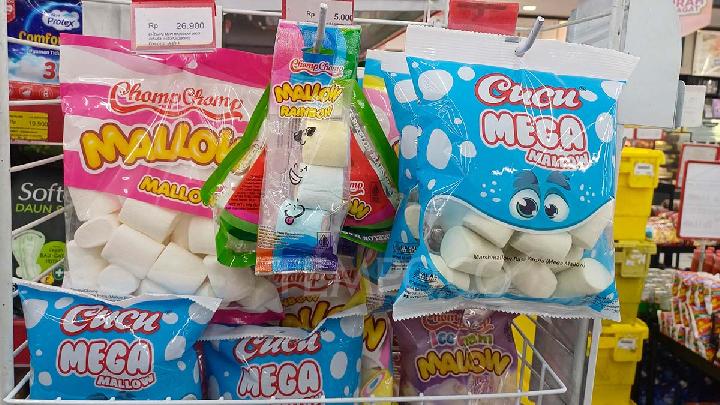
These sanctions were implemented after BPJPH summoned all producers involved in manufacturing the pork-containing snacks.
5 Halal Street Foods Muslim Travelers Should Try in South Korea
30 hari lalu

South Korea has become increasingly welcoming to Muslim tourists by offering a growing selection of halal-certified snacks and restaurants






